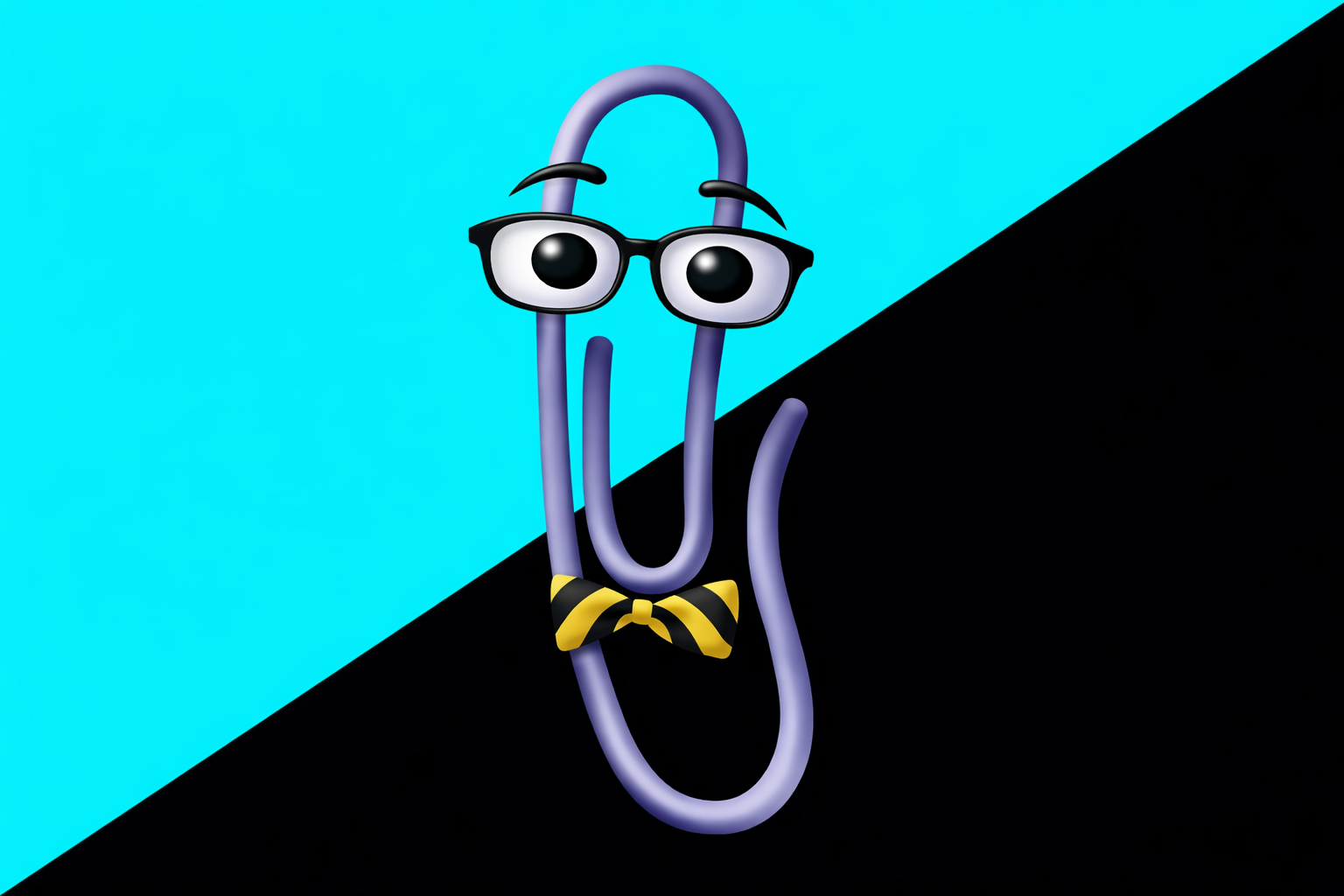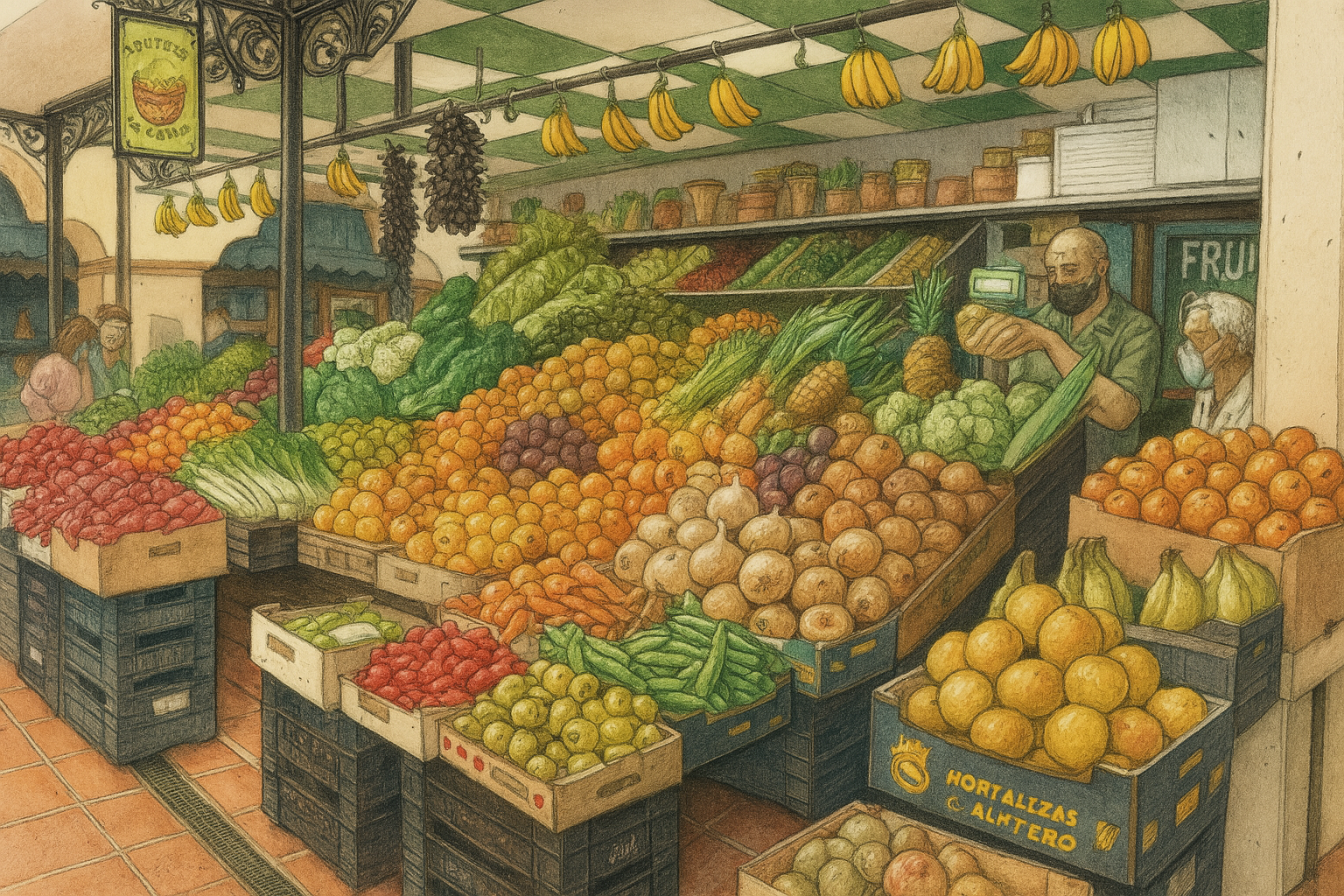When people speak of community, they often mean a collective where the individual must submit to the needs of the group. Communes, utopian projects, and statist visions share this common assumption: that the group matters more than the person. Yet this view is flawed. The real foundation of human flourishing is not collectivism, but individualism — and the most natural form of community is not imposed from above, but arises spontaneously through voluntary cooperation. That is what we call the market.
Individualism Over Collectivism
Individualism does not mean isolation. It means recognizing that each person is unique, with distinct needs, desires, and goals. Collectivism, on the other hand, demands that the individual sacrifice himself to the so-called “common good,” which in practice usually means the wishes of a few leaders or organizers. A collectivist community claims to serve everyone, but it silences the individual by replacing his authentic needs with the dictates of the collective.
In contrast, individualism respects choice. It recognizes that only you know what you truly want, and only you can decide how to pursue it.
What a Group Really Is
A group is not a single organism. A group is a set of individuals who choose to collaborate because they see mutual benefit. The family, the neighborhood, the workplace — none of these erase individuality. They exist precisely because individuals, of their own free will, find value in working together. Once you remove voluntarism, you no longer have a genuine group. You have coercion, and coercion destroys both freedom and trust.
The Market as the Community
The market is nothing mystical or alien. It is the sum of all voluntary exchanges between individuals in society — or even across the entire world. When you trade your time, your skills, or your goods for money or other assets, you are engaging in the most genuine form of community: one where every party acts freely, without force. Each person enters the market with needs, and each finds those needs fulfilled by countless others, each pursuing their own well-being.
The baker satisfies the hunger of the worker, who in turn repairs the baker’s roof, while both use money as a medium of exchange. No central authority, no commune leader, no state planner is necessary. This web of voluntary exchange is the community — and it works precisely because it is not a planned, collectivist “community” at all.
Why Collectivist Communities Fail
Communes and collectivist experiments often sound appealing, but they collapse under their own contradictions. By erasing individual differences, they impose conformity. By claiming to serve “everyone,” they concentrate power in the hands of leaders who decide what “everyone” needs. The individual is reduced to a tool, his genuine desires subordinated to an abstract “greater good.”
But no leader, no committee, no commune can know your needs better than you do. Only voluntary exchange in the marketplace can respect the diversity of human wants and talents.
Life Without the State
A world without the state is not chaos; it is freedom. In such a world, individuals do not depend on imposed collectivities but on the market — on voluntary action and mutual exchange. This is the true community, a network that enables survival, prosperity, and satisfaction of needs without erasing the individual.
The state and the commune promise belonging, but deliver control. The market promises nothing but freedom — and through freedom, it delivers everything: survival, growth, and the possibility of a life fully lived.


Leave a Reply